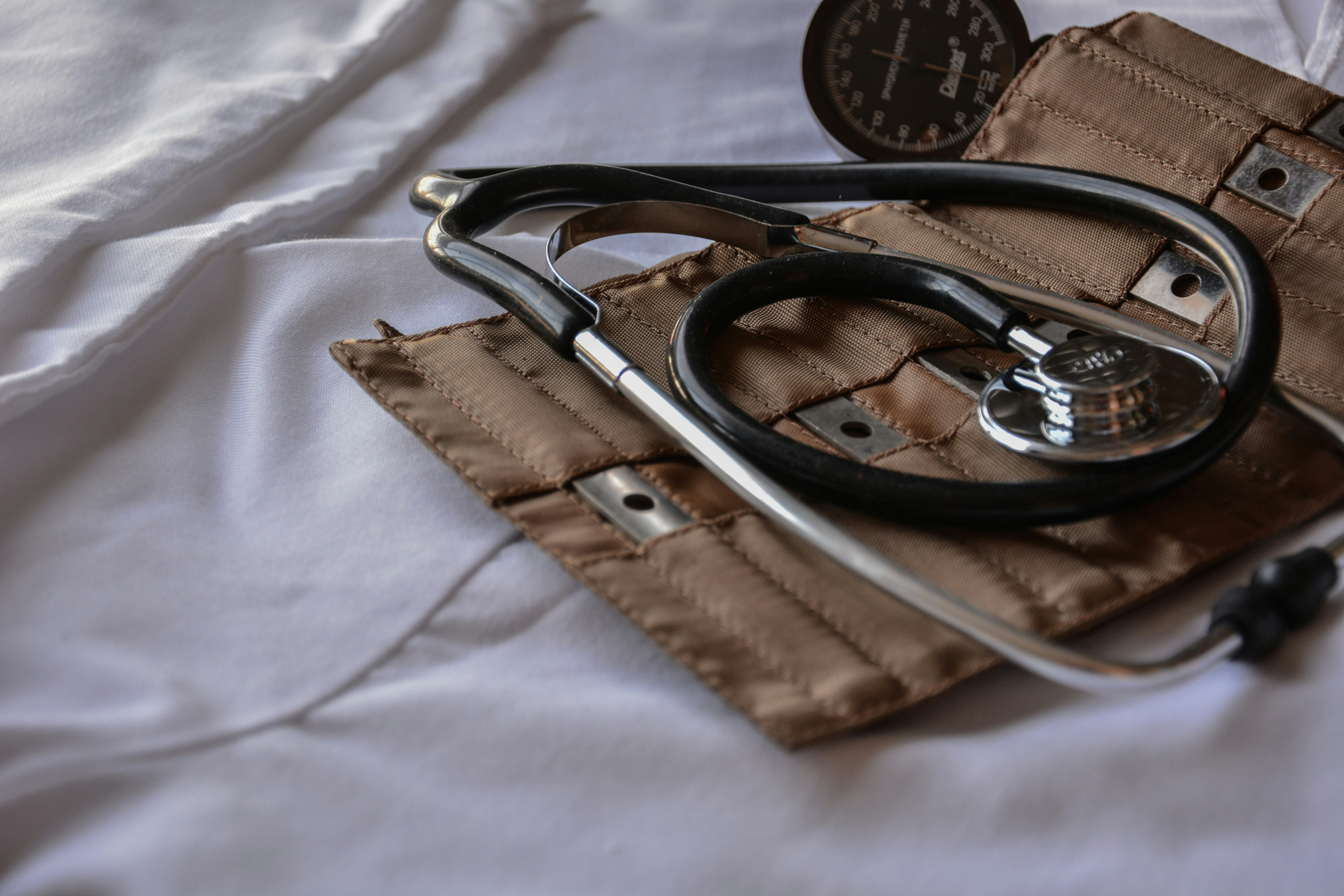Nanny State: Key to Keeping NHS Free?
The UK government’s new ten-year-plan to transform the NHS includes a focus on preventing ill health rather than treating illness. But to what extent should people depend on the state to help them make healthy decisions?
Some think any kind of nudge in that direction is symptomatic of a “nanny state” overstepping its boundaries. Others might argue that nanny knows best, or that governments should do whatever works best both economically and to keep people healthy .
Either way, if a country like the UK wants to keep providing free (or at least tax-payer funded) and universal healthcare, rather than charging every patient for their specific needs, its choices are limited.
Take obesity for example, which is estimated to cost the NHS around £12.6 billion a year – more than 5% of its total budget .
In 2022, 28.7% of adults in the UK had obesity, compared to 10.9% in France, 14.3% in Denmark and 22% in Belgium. (In the US, it was 42.8%.)
Government analysis claims that if everyone who is overweight reduced their calorie intake by just 216 calories a day – roughly equivalent to a single 500ml bottle of fizzy drink – obesity would be halved, and so would the associated costs. It also estimates that cutting the calorie count of a daily diet by just 50 calories would lift 340,000 children and 2 million adults out of obesity.
But how should it persuade people to cut those calories? Happy to ignore accusations of being a nanny state, the UK government is now working with food retailers and manufacturers to encourage people to make healthier choices.
Under the plan, products will be made with less sugar and fat. And the data that supermarkets own about your shopping habits (through online shopping and loyalty cards) will be used to nudge you towards more fruits and vegetables and fewer bags of crisps. Businesses that fail to induce changes in customer consumption will face financial penalties.
And perhaps this is more effective than personal responsibility. Recent alternative policies which relied on individual action like following diets using the NHS weight loss app have not worked.
The UK has also invested hundred of millions of pounds trying to encourage people to burn calories by walking and cycling more . But the country remains reluctant to reduce its car-dependence, with its cities poorly served by public transport . Walking and cycling are just not that popular.
So perhaps state intervention is the only policy British people are willing to accept. Understandably, they want the freedom to make their own choices when it comes to exercise, eating and drinking, but they also want to keep the NHS free. Only 7% would support charging people for their use of healthcare.
Another option is to tax the consumption of fat and sugar to pay for the cost it imposes on others. In 2016, the UK was among the first countries to introduce a tax on sugary drinks . Since then, the total amount of sugar in British soft drinks has decreased by 46% , because changing the recipes means the producers pay less tax.
Research shows that the tax also deters younger people from buying too much sugar. However, it does little to reduce consumption among those who have the most sugar-intensive diets, just like alcohol taxes do nothing to convince the most addicted alcoholics to drink less.
There is also a valid argument that taxing sugar and fat is unfair. Unhealthy food is a much larger proportion of the budget of poorer households than it is for wealthier one, making it a regressive tax.
Yet policies nudging people towards healthy choices often have a good track record. A study of food labelling policies which placed warning labels on high sugar and high calorie foods in Chile showed that people bought less of them.
To stay below the threshold, firms then changed their recipes, just like with the tax. In that case, the warnings led to people consuming 11.5% less sugar and 2.8% less fat.
While paternalistic interventions can be annoying or upsetting, pretending obesity is purely an individual choice is misleading . Obesity starts in childhood , and can destroy future choices. Children with obesity are more likely to be bullied, and don’t do as well at school.
The state regularly bans harmful products without controversy. Even if you wanted to, you could not insulate your house with asbestos, and the UK is currently busy banning the sale of tobacco to anyone born after 2009.
With NHS waiting lists remaining at record highs , and a struggling economy, risk of the country becoming a nanny state by trying to encourage healthier food might actually be a pretty minor one.
Renaud Foucart does not work for, consult, own shares in or receive funding from any company or organisation that would benefit from this article, and has disclosed no relevant affiliations beyond their academic appointment.
View Original | AusPol.co Disclaimer
